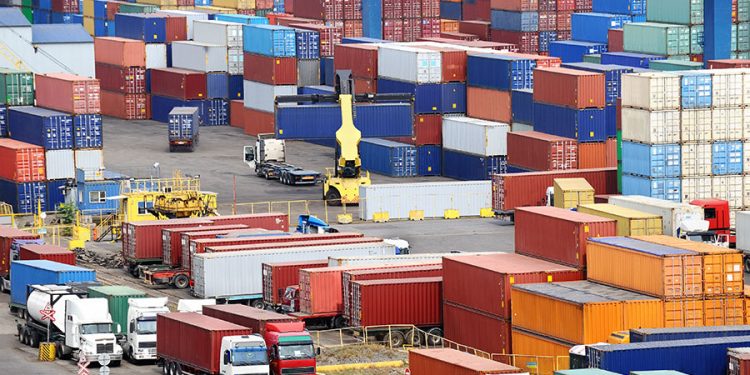In a significant trade development, the Directorate General of Foreign Trade (DGFT), under the Ministry of Commerce and Industry, has imposed new port restrictions on the import of certain goods from Bangladesh, with immediate effect.
As per the latest notification, imports of ready-made garments from Bangladesh will now be permitted only through the Nhava Sheva and Kolkata seaports. Entry through land ports has been prohibited. In addition to garments, the DGFT has also restricted the import of various other categories of goods—such as processed food items, fruit and fruit-based or carbonated beverages, cotton and cotton yarn waste, finished plastic and PVC products (excluding raw materials like plasticisers, dyes, pigments, and granules), and wooden furniture—through land routes.
These items can no longer be brought into India through Land Customs Stations (LCSs) or Integrated Check Posts (ICPs) in the northeastern states of Assam, Meghalaya, Tripura, and Mizoram. The Changrabandha and Fulbari LCSs in West Bengal are also included under the new restrictions.
 However, the DGFT clarified that the rules will not impact goods from Bangladesh transiting through India on their way to Nepal or Bhutan. Additionally, certain key imports—including fish, LPG, edible oil, and crushed stone—have been excluded from these new port limitations.
However, the DGFT clarified that the rules will not impact goods from Bangladesh transiting through India on their way to Nepal or Bhutan. Additionally, certain key imports—including fish, LPG, edible oil, and crushed stone—have been excluded from these new port limitations.
This policy shift comes on the heels of India’s decision last month to revoke the transshipment facility that allowed Bangladesh to send cargo to third countries via Indian land ports for access to seaports and airports. The Indian apparel industry had previously voiced concerns about the trade imbalance caused by these arrangements and had appealed to the government to reconsider such privileges.
The move is also being linked to recent remarks made by Bangladesh’s Chief Adviser Muhammad Yunus. While speaking at an event in China, Yunus reportedly commented that India’s northeastern states, known as the “Seven Sisters”, are landlocked and dependent on Bangladesh for ocean access, describing Bangladesh as the “guardian of the ocean (Bay of Bengal)” and inviting China to utilise Bangladeshi routes for global trade. His remarks are believed to have contributed to the latest policy response from India.





